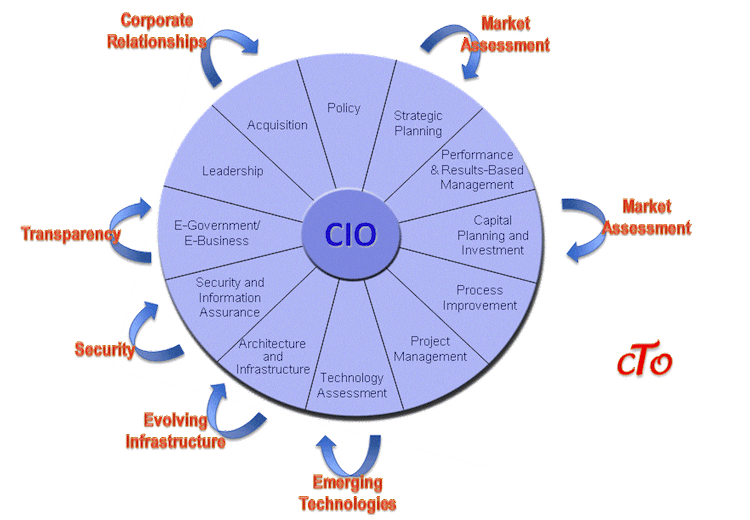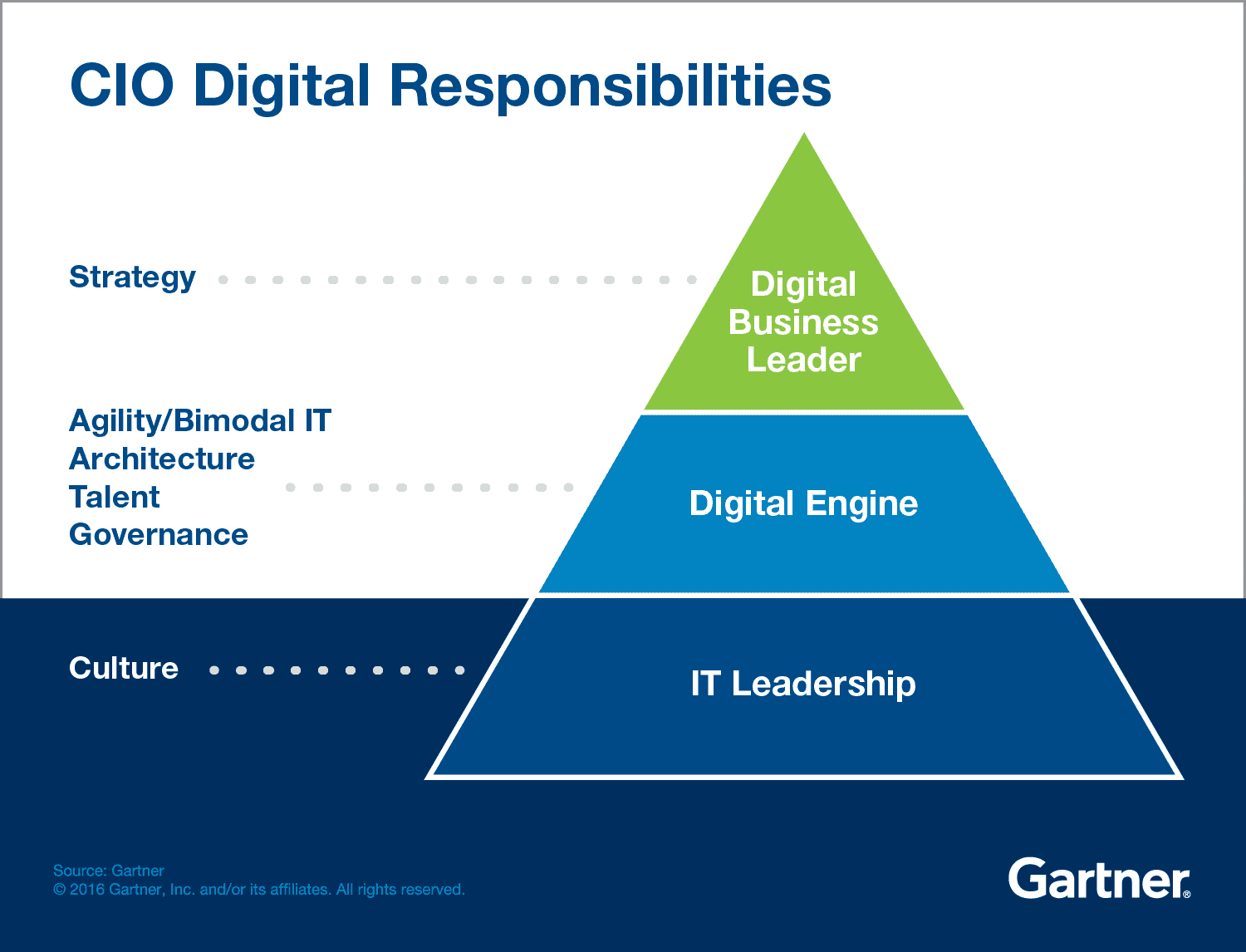
CIO stands for chief information officer, and it’s usually a role at an enterprise-level organization. The CIO of a company is someone who’s in charge of developing and implementing the overall information technology or IT strategy.
For example, the CIO will work on implementing scalable hardware and cloud-based assets and managing the IT infrastructure with tools like IPAM or IP address management.
A lot of companies wonder what the specifics of the CIO position are beyond that, and when budgets are tight, whether or not it’s a role they should integrate into their organization.

CIO vs. CTO
Even for fairly tech-savvy business leaders, they might not be sure of the distinction between a CIO and a CTO. In fact, the roles can overlap. However, a CTO (chief technology officer) is likely to report to the CIO.
A CIO is an executive leader, and this person may not have a full understanding of the ins and outs of how the technology works, but what they do understand is the value it can bring to the organization.
On the other hand, a CTO is someone who’s going to be more responsible for the architecture and implementation of technology.
A CIO has to be the strategic thinker as far as technology in a company, and they play a major role in overall business strategy even beyond just the systems architecture.

What Are Day-to-Day Responsibilities of a CIO?
A CIO on a daily basis will typically oversee IT operations, and will also work with IT specialists to manage particular areas. It can be tough to pin down the specific responsibilities of a CIO since they are largely strategic and also since organizations continue to rely more and more heavily on digital components.
If you wanted to assign a particular role to a CIO, even though it can vary even between organizations within the same industry, it would be managing information technology and computer systems.
A CIO has to work to create value for the entire business through technology and plan growth strategies based on the use of technology.
Other responsibilities of a CIO may include overseeing IT budgets, and ensuring that IT staff stays motivated and keeps up with strategic objectives.
Some of the hard skills required of a CIO include the ability to develop IT security policies and an IT services framework, the ability to recruit IT staff members, project management, and also budget management skills.
Platforms CIOs should be familiar with include cloud and mobile computing, collaboration platforms, the Internet of Things (IoT), and big data analytics platforms.

When Does a Business Need to Hire a CIO?
A lot of enterprise-level organizations may already have a CIO, but what about smaller businesses? When do they need to consider bringing on a CIO?
First, you’ll have to think about whether you need a CIO or you might benefit more from a CTO. If you need someone to make you money, it might be better to go in the direction of a CTO, but if you want to find ways to save money, perhaps a CIO is better.
Additionally, if you’re looking for someone who’s going to help you create new tools for your customers, that’s another situation where you should think CTO rather than CIO.
As far as when it could be time to hire someone, a good time is when you’re thinking about investing in new technology that’s going to be costly.
You may need someone with expertise and strategic thinking abilities to guide this purchase, and it should be a C-level executive, which is what a CIO is.
Someone heading up the purchase can help to do things such as talking to vendors and testing possible platforms and do so in a way that’s strategically in-line with business objectives.
Also, maybe you’re going to be transforming how you do business in some way, which might mean it’s time to think about a CIO.
A CIO can manage the transformation from end-to-end. An example of this would be moving from on-premises to a cloud-based architecture.
Another case of when you would think about hiring a CIO will be if you feel that your IT department and your general technology is reactionary, as is your strategy.
You might not be innovating, and instead, you could be responding in a way that’s putting you behind the times and hampering your competitiveness and innovation, so think about a CIO.
The role of both CTOs and CIOs is likely to continue to grow and expand to the point where even fairly small businesses are bringing them on board.
Related Topics
The post What Is a CIO and Do You Need One? appeared first on Nigeria Technology Guide.
* This article was originally published here
